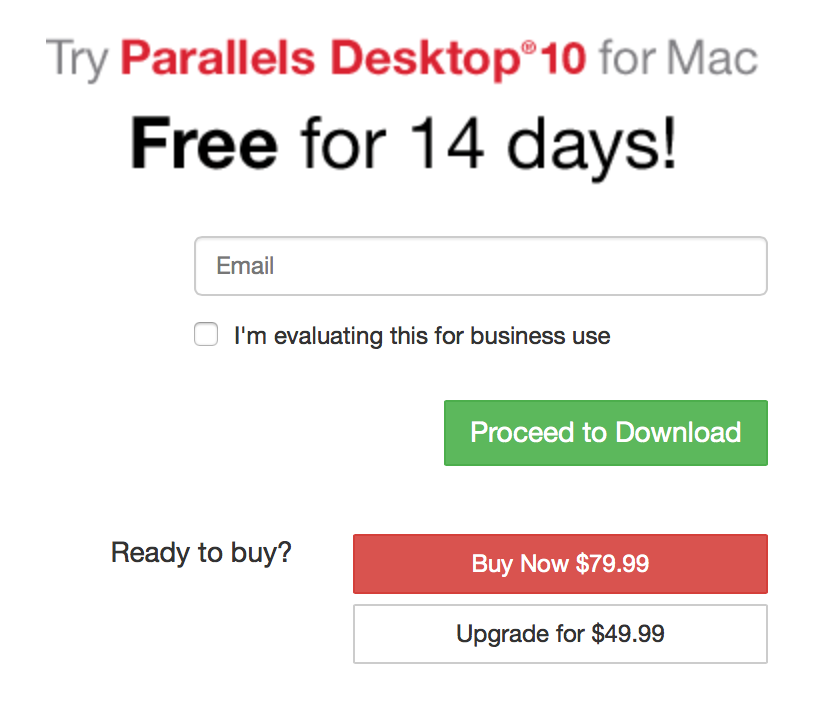VMware Fusion and the vmmon broken pipe error
As part of my struggles to fix my constantly-crashing suggestd process (and the Spotlight failures that it seems to cause), I reinstalled macOS Mojave a couple of times using the Internet Recovery partition. These were in-place reinstalls, so I didn't start completely clean, but the OS is reinstalled from scratch—so much so that I even had to run the 10.14.6 updater and a couple of security updates again.
In the end, not only did this not fix the suggestd problem, but it also broke my all-important VMware Fusion virtual machines. When I tried to launch any of them, I was greeted with an error message:
Error: Could not open /dev/vmmon: Broken pipe
This is apparently so common that VMware has a knowledge base article on the issue. The error is due to VMware Fusion not loading its required kernel extensions, but nobody seems to be sure of the cause of the problem. However, that article is supposed to fix it…unfortunately for me, it did not. I never saw an entry in the Security & Privacy System Preferences panel to allow VMWare's extensions. As a result, they didn't load.
